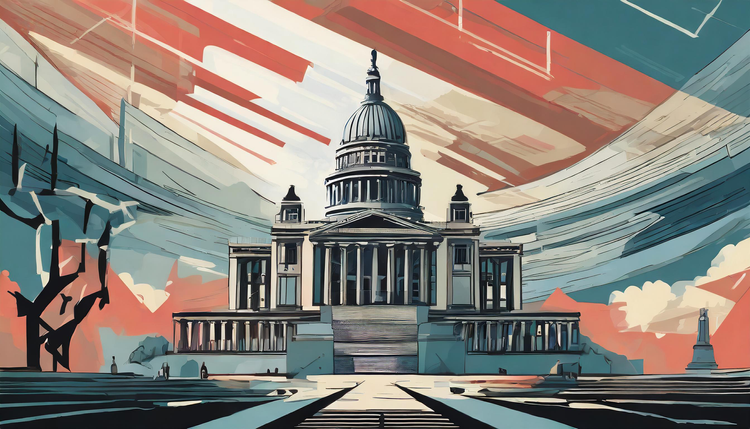The Time Tax
Modern life is not hard in a historical sense[1], but it can be morally and physically depleting. Few human actions are more soul-crushing than the dreaded experience of interfacing with local, state, or federal government.
Taxing time
The time tax is a cost — measured in seconds, minutes, and hours — imposed on those attempting to navigate confusing, bureaucratic government processes. This tax, imposed on all by no one in particular, is costly and dispiriting.
Most of us have experienced the time tax. If not, try filing a VA claim, replacing your driver's license, or talking to someone in city hall about property taxes. All are examples of government as a high-cost, low-yield experience.
If a financial cost exists for undefined reasons, it should be eliminated. The same goes for those taxes not measured in dollars and cents. What purpose does the time tax serve? Why make experiencing government super unpleasant, frustrating, and inefficient?
One theory is deterrent: making the costs of interfacing with the government so high that fewer people consider doing it. As the Atlantic notes, the cost of the time tax is highest for minorities and the poor.
Many programs meant to aid the poorest of the poor have demeaning, invasive, and time-consuming screening requirements. More than a dozen states require welfare applicants to submit to a drug test. State Women, Infants, and Children programs generally require in-person interviews and numerous in-clinic appointments, meaning applicants need to take time off work and find transportation to a WIC office just to get help buying formula and diapers.
If the time tax was designed to perpetuate costly and frustrating experiences, and thus distance people from existing public services, it would make Bad Government's greatest hits.
Air conditioning alone makes this true. ↩︎





